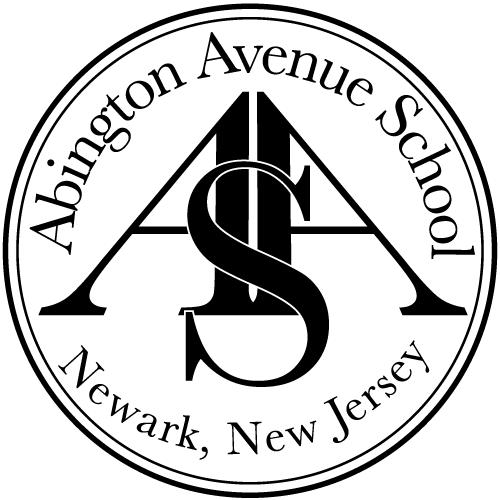Related Arts
Pre-School Technology & Learning
"Preschool educational experiences are intended to stimulate, assist, support, and sustain emergent skills. Preschools aim to offer experiences that maximize young children’s learning and development, providing each child with a foundation for current and future school success.
"2009 Core Curriculum Content Standards." Preschool Teaching & Learning Standards.
Technology
"All students acquire content area knowledge and skills in:
- Visual and Performing Arts
- Comprehensive Health and Physical Education
- Language Arts Literacy
- Mathematics
- Science
- Social Studies
- World Languages
- Educational Technology Technology Education, Engineering, and Design
- 21st Century Life and Careers
As they do so, they are supported by the ongoing, transparent, and systematic integration of technology from preschool to grade twelve in preparation for postsecondary education and the workplace."
"2009 Core Curriculum Content Standards." Standard 8: Technology. 2010.
Visual & Performing Arts
"The arts enable personal, intellectual, social, economic, and human growth by fostering creativity and providing opportunities for expression beyond the limits of language." "An education in the arts fosters a population that:
- Creates, reshapes, and fully participates in the enhancement of the quality of life, globally
- Participates in social, cultural, and intellectual interplay among people of different ethnic, racial, and cultural backgrounds through a focus on the humanities
- Possesses essential technical skills and abilities significant to many aspects of life and work in the 21st century
- Understands and impacts the increasingly complex technological environment"
"2009 Core Curriculum Content Standards." Standard 1: Visual and Performing Arts. 2010.
21st Century Life & Careers
"21st Century life and career skills enable students to make informed decisions that prepare them to engage as active citizens in a dynamic global society and to successfully meet the challenges and opportunities of the 21st Century global workplace."
"2009 Core Curriculum Content Standards." Standard 9: 21st-Century Life and Careers. 2010.
World Language
"Language and communication are at the heart of the human experience. The United States must educate students who are linguistically and culturally equipped to communicate successfully in a pluralistic American society and abroad. This imperative envisions a future in which ALL students will develop and maintain proficiency in English and at least one other language, modern or classical. Children who come to school from non-English backgrounds should also have opportunities to develop further proficiencies in their first language." (ACTFL: American Council on the Teaching of Foreign Languages)"The study of another language and culture enables individuals, whether functioning as citizens or workers, to communicate face-to-face and by virtual means in appropriate ways with people from diverse cultures." "An education in world languages fosters a population that:
- Communicates in more than one language with the levels of language proficiency that are required to function in a variety of occupations and careers in the contemporary workplace.
- Exhibits attitudes, values, and skills that indicate a positive disposition and understanding of cultural differences and that enhance cross-cultural communication.
- Values language learning as a global literacy as well as for its long-term worth in fostering personal, work-related, and/or financial success in our increasingly interconnected world."
- Maintains physical, social, and emotional health by practicing healthy behaviors and goal setting
- Engages in a physically active lifestyle
- Is knowledgeable about health and wellness and how to access health resources
- Recognizes the influence of media, technology, and culture in making informed health-related decisions as a consumer of health products and services
- Practices effective cross-cultural communication, problem solving, negotiation, and conflict resolution skills
- Is accepting and respectful of individual and cultural differences
- Advocates for personal, family, community, and global wellness and is knowledgeable about national and international public health and safety issues"
Comprehensive Health & Physical Education
"Knowledge of health and physical education concepts and skills empowers students to assume lifelong responsibility to develop physical, social, and emotional wellness."
